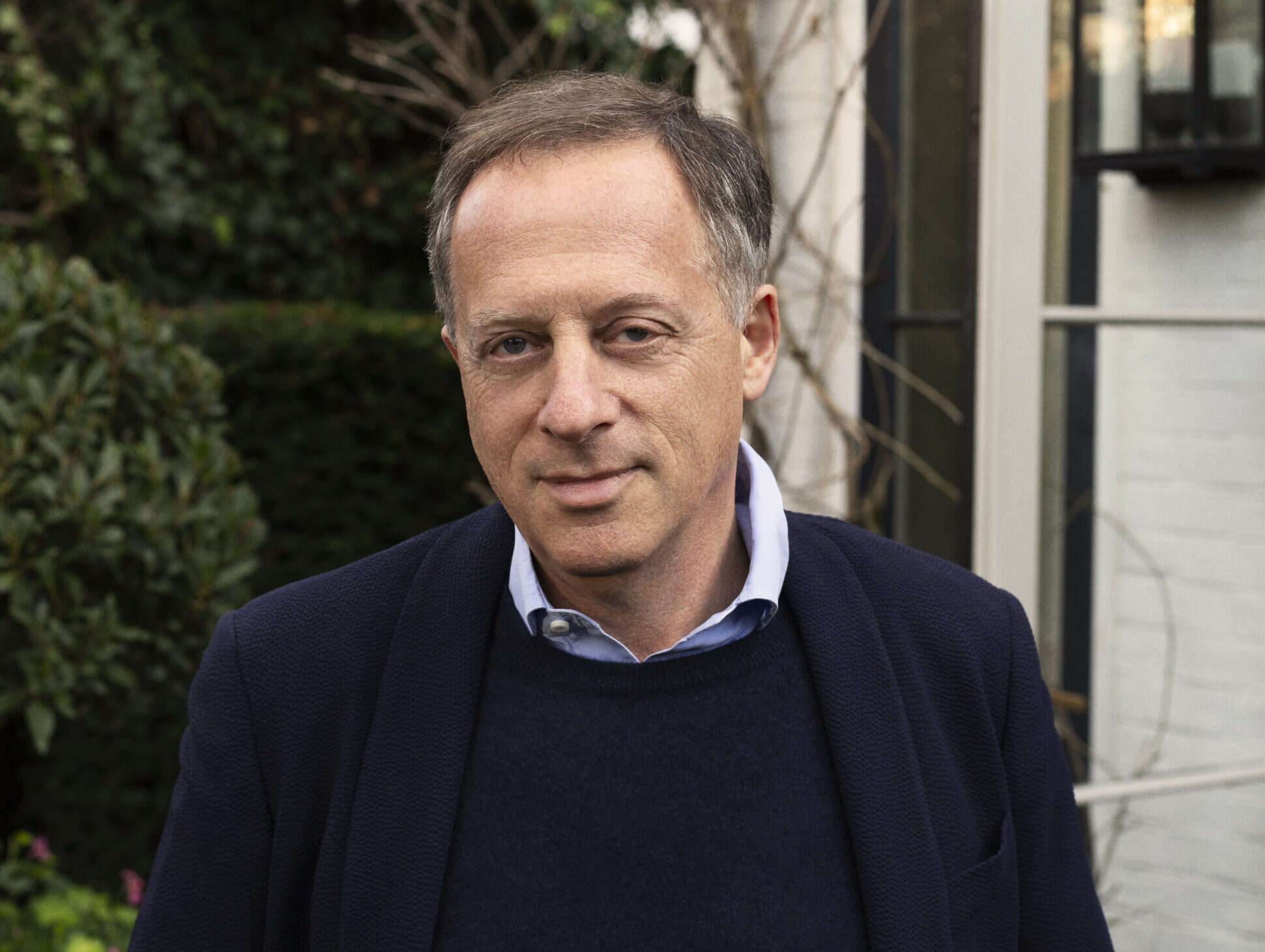
BBC chairman Richard Sharp has called for new regulation to help end the Covid-19 “infodemic”.
Sharp, a former Goldman Sachs banker who has headed the BBC Board since February, told the RTS Conference in Cambridge on Wednesday that the Communications Act 2003 needs to be updated as it pre-dates Facebook and other social media and is not fit-for-purpose.
Concerns continue over the impact of disinformation and “fake news” spreading on social media during the Covid-19 pandemic. This week pop singer Nicki Minaj claimed on Twitter she knew a man who became impotent after he was vaccinated, prompting England’s chief medical officer Chris Whitty to say sharing such “myths… just gives them credence which they don’t need”.
[Read more: News media’s role in spreading misinformation during Covid-19 charted]
Sharp said “urgent questions need to be answered about the future media world we want to live in”.
“Closed media environments” have allowed conspiracy theories and lies to spread quicker than ever before, he added.
Sharp said: “We need to rethink the regulatory environment in this country – and replace a Communications Act that pre-dates Facebook with one that can deliver on a clear vision.
“But we also need to look at where the digital world comes up against the fundamental rights, freedoms and privacies we sign up to as societies and individuals.
“Does the principle of media freedom need to be redefined and re-enshrined for the digital age?
“Do we need to claim our personal data as a human right, rather than an asset to be bought and sold?
“Now is the time to put in place the rights, protections and education that will safeguard – not just our media environment – but the stability of our societies and democracies long into the future.”
Sharp pointed to real-life consequences of “fake news” such as low vaccine take-up and 5G masts being set on fire.
“Where once these theories would bubble away in private echo chambers, Covid in some ways has created the perfect conditions for them to boil over into the mainstream – fed by algorithms that are great at recognising viral potential but not so good at spotting nonsense,” he said.
“The pandemic and ‘infodemic’ that has spread alongside have left us in no doubt of how vulnerable we all are and society is. But it has also suggested that some are more vulnerable than others.
“The magnetic draw of conspiracy theories in our societies is getting stronger.”
[Read more: BBC Trusted News Initiative on how publishers can fight disinformation]
The BBC is part of the Trusted News Initiative alongside partners including AP, AFP, Facebook, Google/YouTube, Reuters and Twitter. The initiative launched before the pandemic but now focuses on Covid-19 and vaccine disinformation, with publishers and tech platforms alerting the other partners to posts with the potential to go viral and be seriously harmful.
But although he believes such cross-industry collaboration is vital, Sharp said “prevention is better than cure” in his call for updated legislation.
He added that getting impartiality right at the BBC would give the corporation “a chance to define itself globally as a pre-eminent purveyor of facts in the disinformation age”.
Picture: DCMS/PA Wire
Email pged@pressgazette.co.uk to point out mistakes, provide story tips or send in a letter for publication on our "Letters Page" blog
